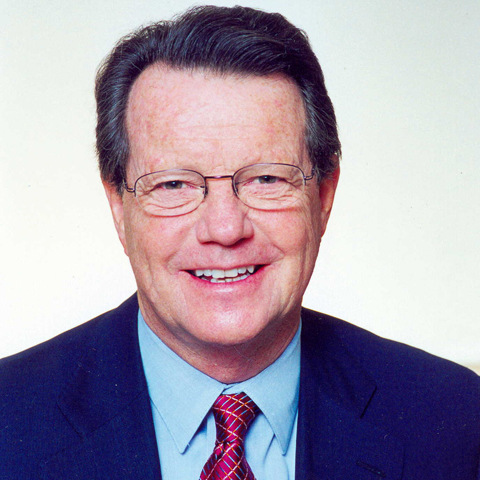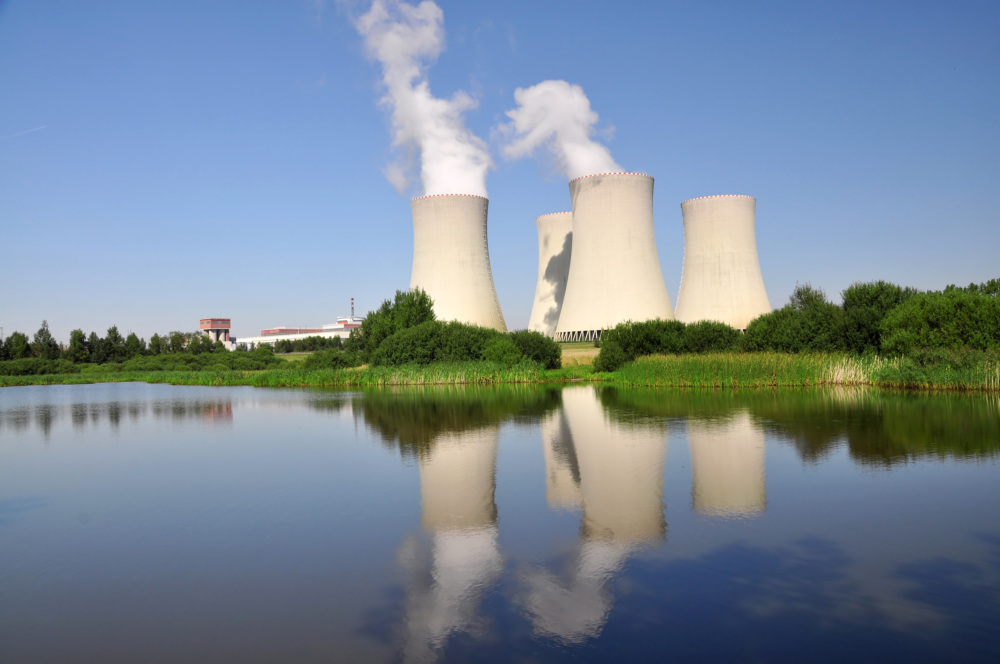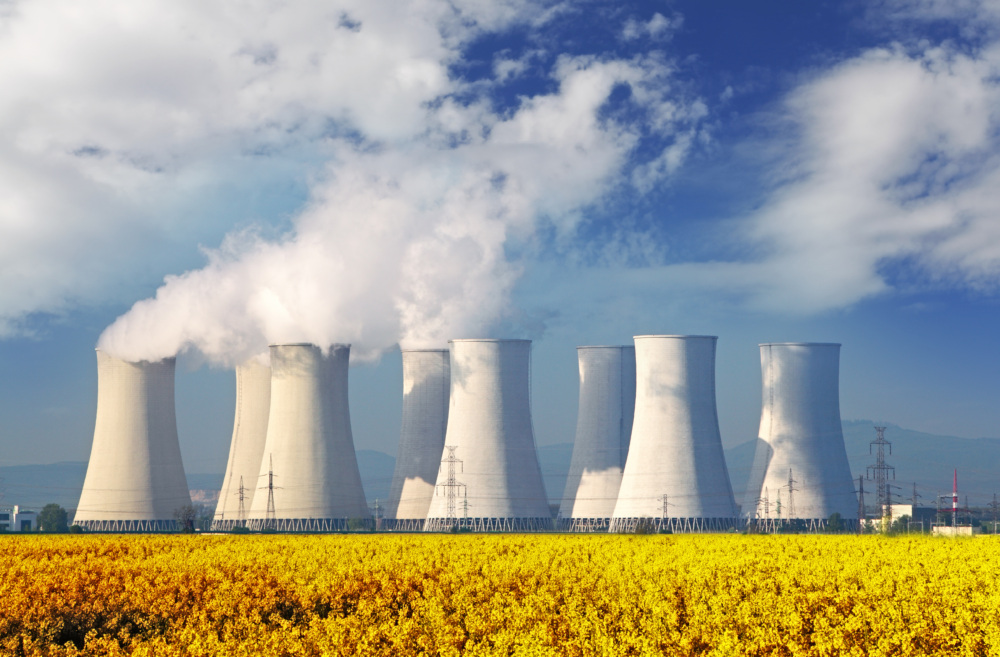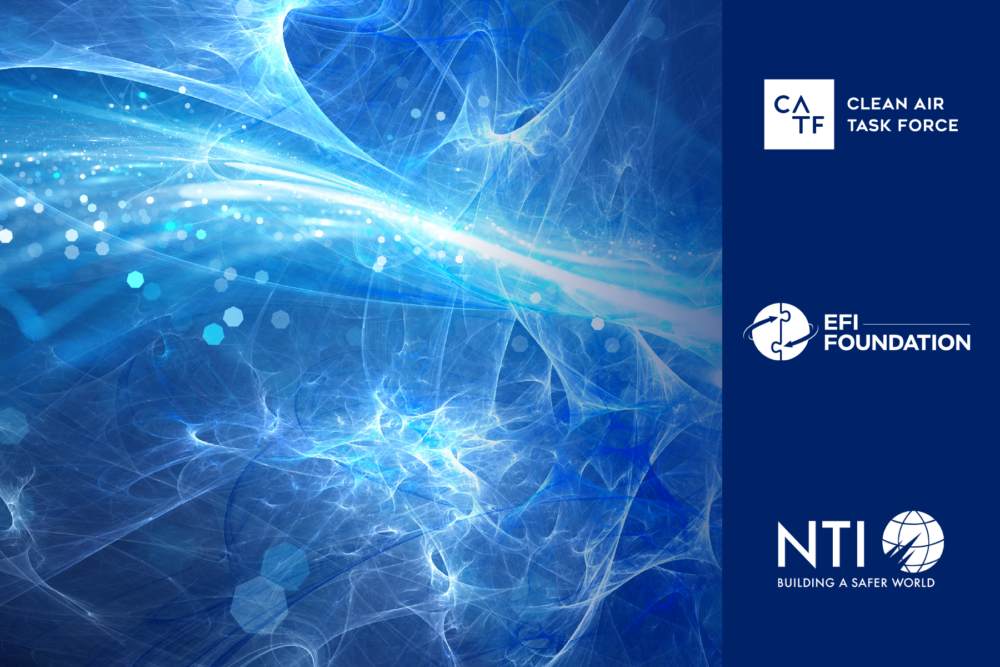
Charles B. Curtis
NTI President Emeritus and Emeritus Board Member
CHARLES B. CURTIS
PRESIDENT
NUCLEAR THREAT INITIATIVE
US-JAPAN WORKSHOP ON NUCLEAR ENERGY
Thank you. And thank you, Bill Martin, for the effective work you have done over the years in strengthening US-Japan cooperation of energy security. I want to express my gratitude to the Japanese participants in this seminar for traveling the long distance to the United States. Your American colleagues take it as a sign of strong friendship, and we appreciate it very deeply.
I am told there is an old Japanese proverb that says: “The future is greater than the past.” (Shourai wa kako ni masaru)
I love this saying, because it conveys so much optimism. But it also confers a heavy responsibility – because it is up to us to make it true. A great future for our children depends on abundant clean energy to heat their homes, light their schools, and run the trains, offices, factories, and hospitals that will keep them educated, healthy, and prosperous. A great future also demands peace. Our children will never achieve their dreams in a climate of war and terror.
These two elements of a better future – a climate of peace and abundant clean energy – both depend on the safe/secure and peaceful use of nuclear energy.
The Terrorist Nuclear Threat
For nearly nine years now, the Nuclear Threat Initiative – which I am privileged to serve as President — has worked to reduce the chance that weapons of mass destruction will ever be used by anyone, anywhere, whether by intent or accident.
The greatest of all the threats we face is the threat of a terrorist attack on nuclear facilities. It will immediately destroy peace, and ultimately jeopardize the supply of nuclear energy.
In the event of such an attack, people all over the planet will instantly demand, and governments will impose, extraordinary measures to lock down and secure nuclear materials everywhere. These security measures could well prove incompatible with normal operations of nuclear facilities. And the related public turmoil could halt the expansion of nuclear power for a generation or more and erode popular support for existing programs.
As the people in this room know, the general public does not distinguish between low enriched uranium and highly enriched uranium, between separated Plutonium and Mixed Oxide Fuel. And they will not easily distinguish assaults on facilities with isotopes of Cobalt and Cesium from nuclear power facilities. A problem with any part of the nuclear enterprise will create problems for every part of the nuclear enterprise.
The prospect of a terrorist attack is more than just a frightening scenario – it is a plausible one. And it is even plausible to imagine a terrorist attack with an improvised nuclear weapon.
Al Qaeda has been seeking a nuclear weapon since the early 1990s. If they can buy or steal the nuclear material, they will build a weapon. If they build a weapon, they will use it.
Terrorists who are trying to steal nuclear materials won’t necessarily go where there is the most material; they will go where the material is most vulnerable. So our global security is only as strong as the local security in the world’s worst-defended nuclear sites. In the post-9/11 world – each nation has a supreme national interest in making sure every other nation secures its nuclear materials to the highest practicable standards.
WINS
Just over a year ago, in Vienna, NTI Co-chairman Sam Nunn joined IAEA Director General Mohammed ElBaradei and US Secretary of Energy Samuel Bodman in launching WINS – the World Institute for Nuclear Security.
As an article in The Economist described it: “WINS is a place where for the first time those with the practical responsibility for looking after nuclear materials – governments, power plant operators, laboratories, universities – can meet to swap ideas and develop best practices.”
Let me acknowledge that I have been watching the progress of WINS with special attention, because I am honored to serve as the initial Chairman of its Board of Directors. And I am happy to report to you that WINS has had a very productive first year.
In this year’s meeting of the Global Initiative to Combat Nuclear Terrorism, held in The Hague, the head of the US delegation cited WINS’ importance in securing civilian nuclear facilities. He said: “My government strongly supports WINS as a complementary component of the Global Initiative to Combat Nuclear Terrorism, and I encourage each of your delegations to carry back to your capitals the need to support and participate in WINS.”
Our purpose was given a big endorsement this summer in Moscow when President Obama and President Medvedev issued a joint statement. They said: “Nuclear security requirements need continuous upgrading. To this end, we will jointly initiate practical steps, to include conducting worldwide regional nuclear security best-practices workshops.”
This extended the message from the G8 summit in Japan last year, where the leaders said: “We reiterate that safeguards (nuclear nonproliferation), nuclear safety and nuclear security (3S) are fundamental principles for the peaceful use of nuclear energy.”
The world has enjoyed broad international cooperation in the development of adequate safeguards and best safety practice.
But until recently, there has not been an institutional means to share best security practice. WINS has been created to fill that gap in the 3S architecture.
This new organization has been welcomed by major governments and international organizations. In the past year, WINS gained almost 200 individual and corporate members, including the French nuclear enterprise Areva, the Urenco Group, Bruce Power in Canada, the UK Nuclear Decommissioning Authority, and the US Department of Energy’s Pacific Northwest National Laboratory.
WINS has a full calendar of high-level engagements in the coming year, working as a partner and contributor to many conferences and initiatives.
As we come toward the close of WINS’ first full year in operation, there is now one additional development – to complete a highly successful first year.
As we heard during the previous panel, Japan has taken the policy decision to add its leadership, its expertise and its prestige to the World Institute for Nuclear Security. I welcome the announcement that FEPC will set up a mechanism for participating in WINS. To Chairman Mori of the Federation of Electric Power Companies and Chairman Kondo of Japan’s Atomic Energy Commission, I join Corey Hinderstein, NTI’s Director of International Programs, in saying a sincere Domo arigato gozaimasu.
Japan’s role
Japan’s participation is a very important step forward for WINS, and for the global cause of nuclear security.
Japan enjoys a very high position of respect in the world – especially in the area of nuclear energy. The appointment of Ambassador Amano as Director General of the IAEA underscores this point.
Other countries in the world are looking to begin or expand their use of nuclear energy – but they don’t have experience in protecting and safeguarding nuclear materials. That can be a difficulty for them, and a danger to the rest of us.
This is where Japan’s experience can be so valuable to the world. There is a saying from Biblical scripture that is often recited in our country. It says: “Do not light a candle and hide it under a bushel – but put it on a candlestick, so it gives light to everyone in the house.”
Japan has the light of experience. As the world needs more electricity from nuclear energy – Japan has an opportunity to share its light with the world.
Japan has the opportunity to be a global Sensei. And, as we all know, the act of teaching others helps deepen our own understanding.
This is why all of us associated with WINS are so enthusiastic about Japan’s participation. A world where Japan plays the role of teacher in the use of nuclear energy will be a world with more energy – and greater security.
And that is a world whose future can be greater than its past.
Thank you very much.
Sign up for our newsletter to get the latest on nuclear and biological threats.
At this critical juncture for action on climate change and energy security, 20 NGOs from around the globe jointly call for the efficient and responsible expansion of nuclear energy and advance six key principles for doing so.
To make good on their COP28 pledge, countries need a new approach to building, regulating, and financing nuclear technology.
The Playbook emphasizes the need for a holistic approach to scaling nuclear energy, considering the unique challenges and opportunities specific to each country, and highlights the role that new international institutions could play in supporting a global nuclear expansion.


